The final act of Hertzberg-for-Mayor played out last week, with Bob Hertzberg endorsing challenger Antonio Villaraigosa. And although there was some unexpected drama, the endorsement itself proved anticlimactic: Villaraigosa already had surged to a comfortable double-digit lead in two polls.
In the end, it was hard to tell whether Hertzberg provided Villaraigosa a much-needed boost or succeeded mainly at hopping on board with the front-runner.
Hertzberg, a businessman-attorney and former state Assembly leader, was the last to endorse among the three major candidates who didn’t make the May 17 runoff. And like the others, Hertzberg went for Villaraigosa over incumbent Mayor James Hahn.
Ostensibly, Hertzberg’s support was the most critical, given his strong third-place finish, just behind Hahn. Hertzberg, who is Jewish, pro-business and lives in the Valley, polled well with voters who could make the difference: Jews, pro-business moderates and Valley residents.
But if opinion polls are to be trusted, most of these voters already have made up their minds. A Los Angeles Times’ poll last week put Villaraigosa 18 percentage points ahead. The Eastside city councilman held the edge in the most coveted, erstwhile Hertzberg constituencies. Overall, Hertzberg supporters favored Villaraigosa over Hahn 52 to 28 percent in the poll.
In contrast, Hahn led only among Republicans and self-described conservatives. And Villaraigosa never expected to claim those two categories, whether or not they’d previously supported Hertzberg. Another poll, by Survey USA, had Villaraigosa ahead by a hard-to-believe 32 percentage points.
So last week’s carefully staged gathering was cheated of potential magnitude from the outset, although Hertzberg and Villaraigosa made the best of it. The setting, a biotech plant in Sylmar, fairly shouted “Valley” and “high-tech” — natural Hertzberg themes. The featured supporters, seeded with board members of the Anti-Defamation League and Valley secessionists, also had a Hertzberg flavor.
The week’s most effective Villaraigosa endorsement, however, was the news that Los Angeles won’t house the new stem-cell research institute, because of flawed paperwork. In Sylmar, Villaraigosa referred to that stumble as “yesterday’s debacle,” chastising Hahn for “this city’s failure to fill out an application.”
Hertzberg was his ebullient, irrepressible self throughout, enfolding Villaraigosa in breath-defying hugs, clapping a bear paw on his shoulder repeatedly and even stepping on Villaraigosa’s lines when the candidate paused to address the Spanish-language media in Spanish. Yes, Hertzberg can do Spanish, too. County Supervisor Gloria Molina was on hand to referee and, at the formal announcement, to introduce both Hertzberg and Villaraigosa as her “brothers.”
The political circus slightly overwhelmed 61-year-old Linda Morfoot, who lost her sight from retinitis pigmentosa. She was at Second Sight Medical Products Inc. to work with equipment that gives her limited visual awareness of objects around her, which on Thursday included top politicos and a horde of reporters. She smiled politely as Villaraigosa held her hand and noted that the host company was “not just a great place of biotechnology and job creation, but giving people second sight.”
But it was Villaraigosa who got blindsided when he opened the floor to questions. Two television reporters immediately pounced, concerned only with a letter Villaraigosa had written nine years ago requesting that President Clinton review the case of Carlos Vignali, the convicted drug-dealing son of a political supporter.
This ill-conceived letter was the very thing Hahn had used four years ago to raise doubts about Villaraigosa. The issue hadn’t surfaced since, but the Hahnies are desperate, and in Sylmar, the Hahn campaign couldn’t have lobbed a more effective irritant into an occasion that was supposed to be about something else. As it happened, Hertzberg and Molina also had written letters requesting the pardon (as had, seemingly, scores of other politicians and officials, including Archbishop Roger Mahony).
Had Villaraigosa personally urged Hertzberg and Molina to write their letters? the reporters demanded to know.
No, replied Hertzberg and Molina.
Villaraigosa seemed taken aback. He stammered momentarily, then offered: “I took responsibility for my actions. Jim Hahn has refused to take responsibility for his.”
Villaraigosa was referring to his oft-repeated catechism about ongoing corruption probes of the Hahn administration. (So far, no member of the Hahn administration has been charged with wrongdoing.) The reporters accused Villaraigosa of dodging the question.
By this point, Villaraigosa press aide Nathan James was doing his darnedest to cut things short. Within moments, Villaraigosa was virtually hustled out a side door, as though he really did have something to hide. The scene would make good footage for a Hahn attack ad; it’s probably already in production.
Hahn himself resumed the assault at Sunday’s second-to-last mayoral debate, held at the Museum of Tolerance in West Los Angeles. He accused Villaraigosa of writing the first letter on behalf of the drug dealer, whom, he said, had perpetrated the worst drug crime in Minnesota history.
If Hahn can successfully frame this race in such terms (i.e., Villaraigosa will do to Angelenos what he tried to wreak upon hapless Minnesotans), then Hahn wins again. But the consensus among political observers is the tactic will feel stale four years after Hahn first used it, with Villaraigosa, the former and respectable state Assembly leader, now sitting respectably on the City Council.
At the Museum of Tolerance, Villaraigosa reiterated his contrition over writing on Vignali’s behalf. Then he launched his return broadside into Hahn.
Overall, contrary to most assumptions, Hahn came across as the more relaxed warrior, while Villaraigosa displayed little of his vaunted charisma.
If Hahn does begin to make inroads — and he’s never lost an election — a fully engaged Hertzberg could matter. In Sylmar, Hertzberg pledged his every ounce of energy, his every big idea, or, as he put it: “Any way I can make that contribution, Mr. Antonio, I will, to make L.A. a great place.”
Hahn’s camp dismissed the endorsement, noting that Hertzberg and Villaraigosa had once roomed together in Sacramento, when both served in the Legislature. In fact, the endorsement could have been a close call, because Hertzberg and Villaraigosa had a falling out near the end of Villaraigosa’s term as Assembly speaker.
Besides, the person who mortally wounded Hertzberg-for-Mayor was Villaraigosa, not Hahn. Last year, when Hertzberg entered the race, Villaraigosa was on record saying he would not run. Hertzberg had planned a broad-based campaign that would play for Villaraigosa’s core progressive supporters, said campaign consultant John Shallman in a recent interview.
Villaraigosa’s late entry forced Hertzberg strategically to the political right, Shallman said, because Hertzberg couldn’t realistically win away the Villaraigosa faithful from Villaraigosa himself. So, Hertzberg shifted smoothly in midstream, connecting with moderate Jews, other moderates and Valley residents, but ran out of time and money to further expand his base or deepen his support.
Thus, when Hahn’s troubles opened the door for a Hertzberg candidacy, it was Villaraigosa who closed it again. And if Hertzberg wants to run again, Hahn will be termed out in four years; Villaraigosa could be around for eight. So if Hahn could win and Hertzberg could help make it happen, there’s a logic for Hertzberg to go with Hahn, despite their sharp exchanges in the primary.
But for now, Hahn looks like a loser, and Hertzberg doesn’t like Hahn nearly enough to back him, win or lose. And maybe, just maybe, Hertzberg thinks Villaraigosa would make a better mayor.






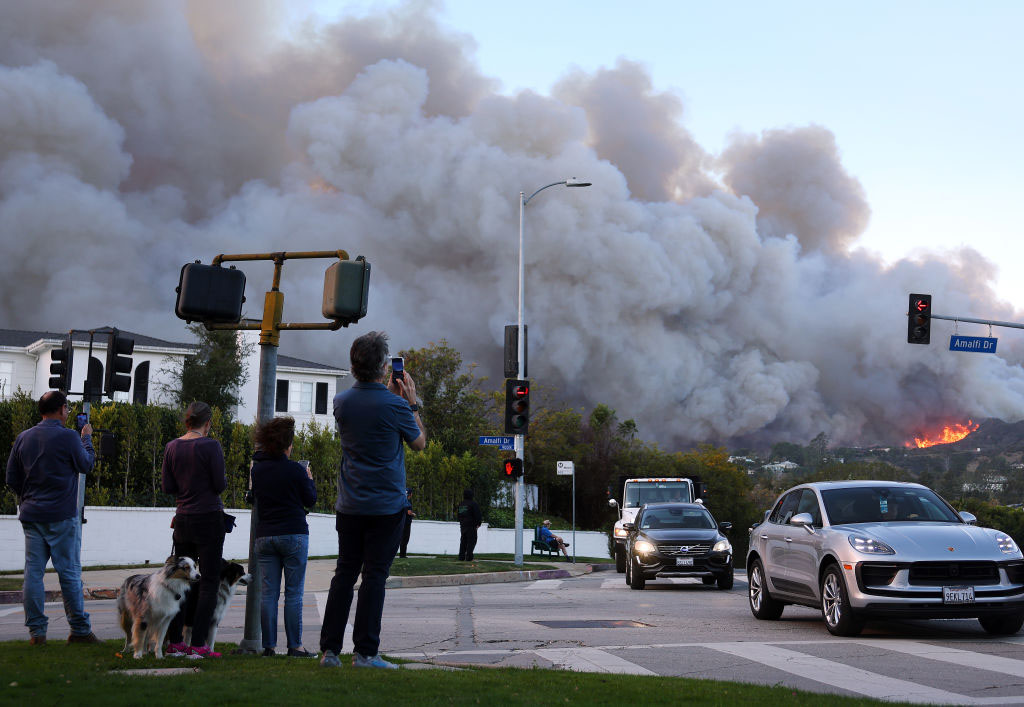


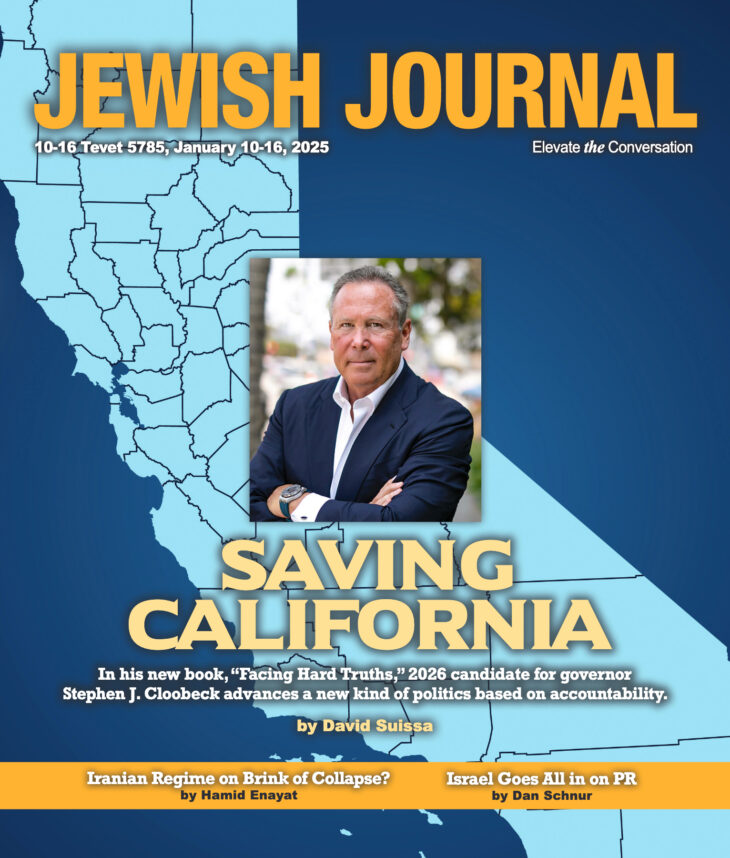
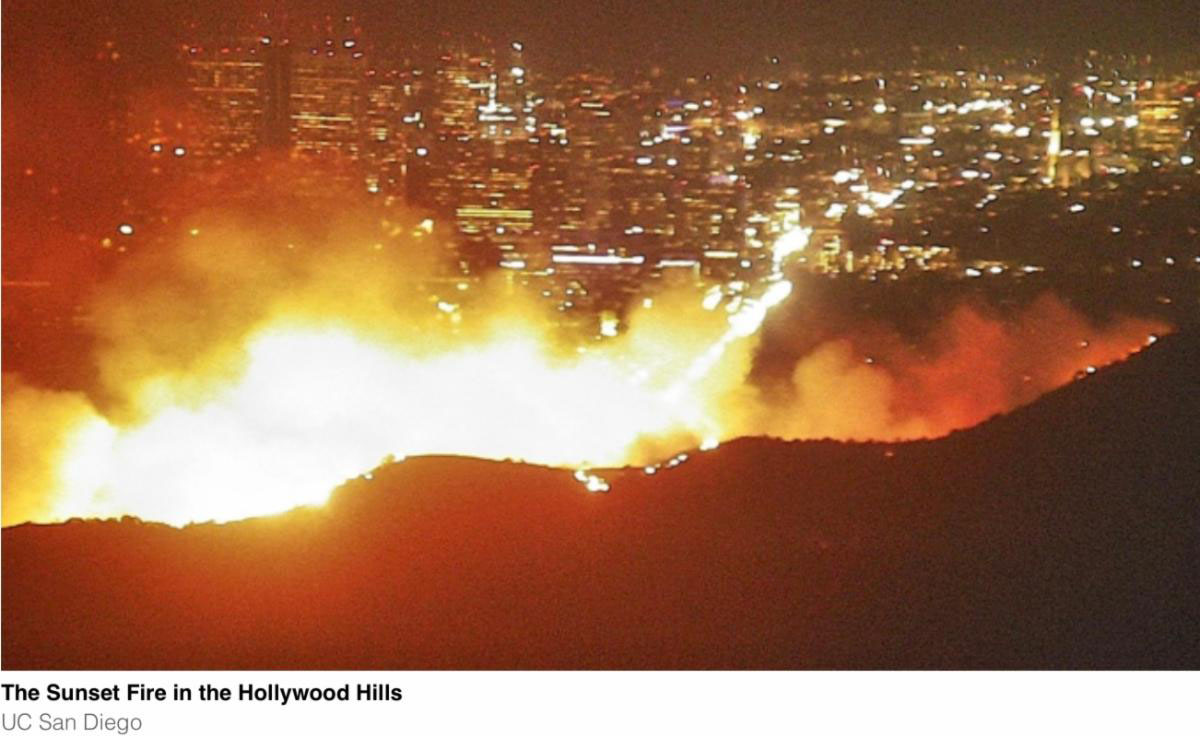
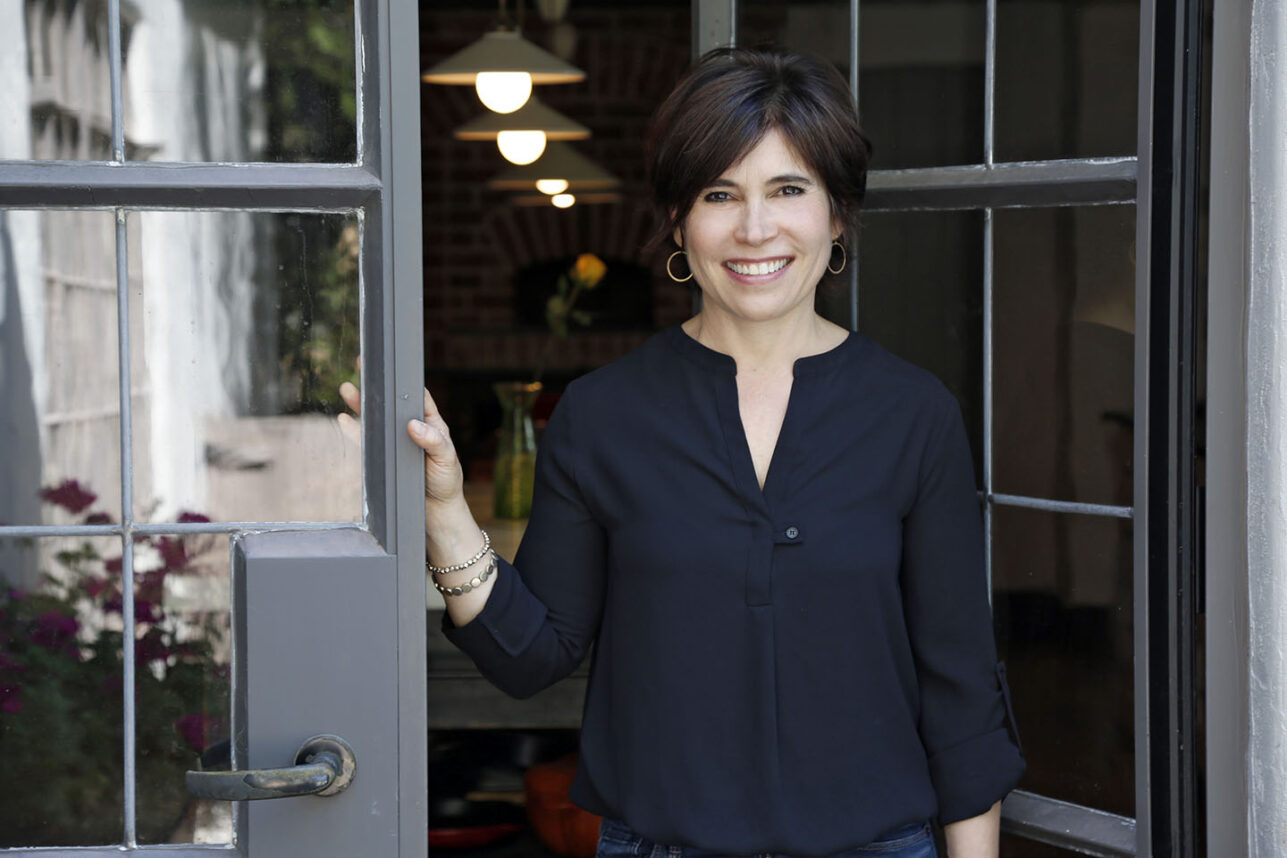
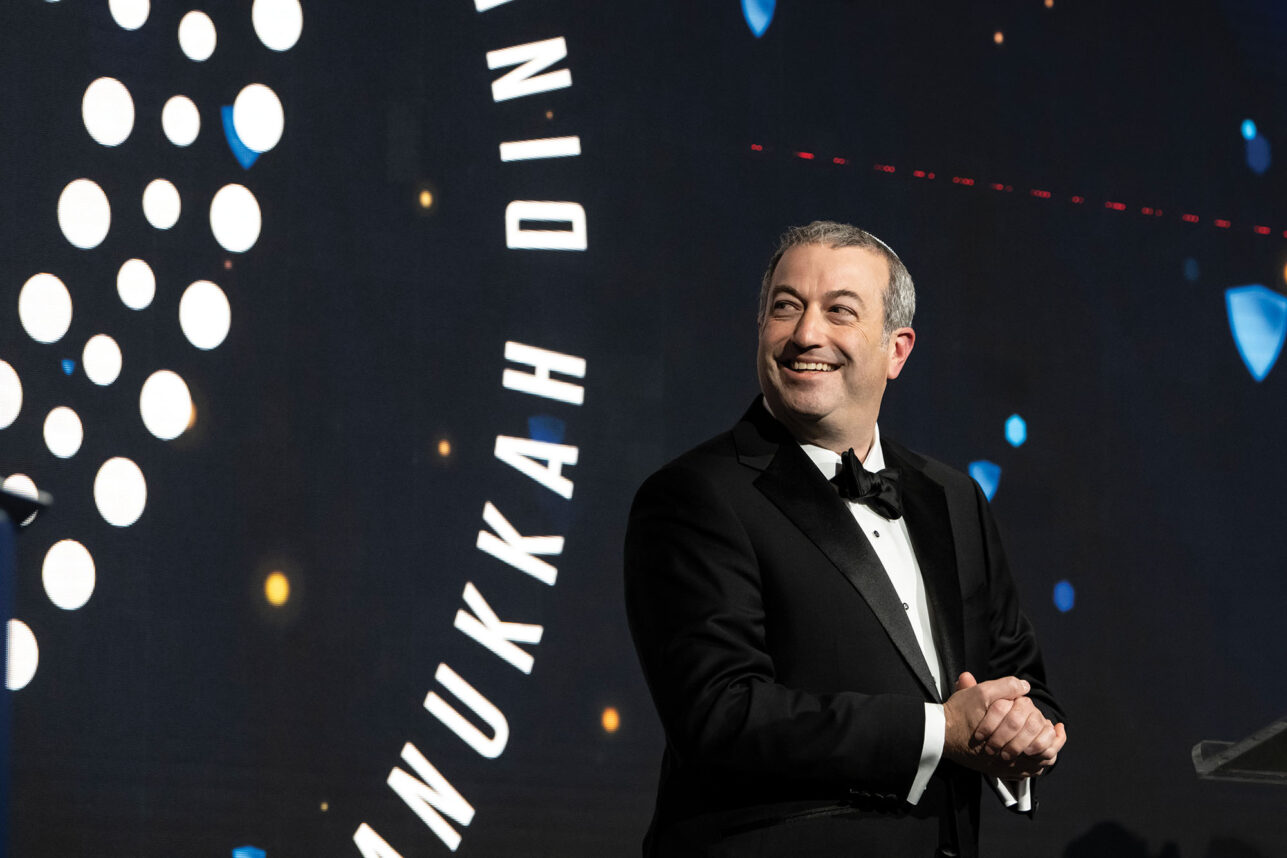
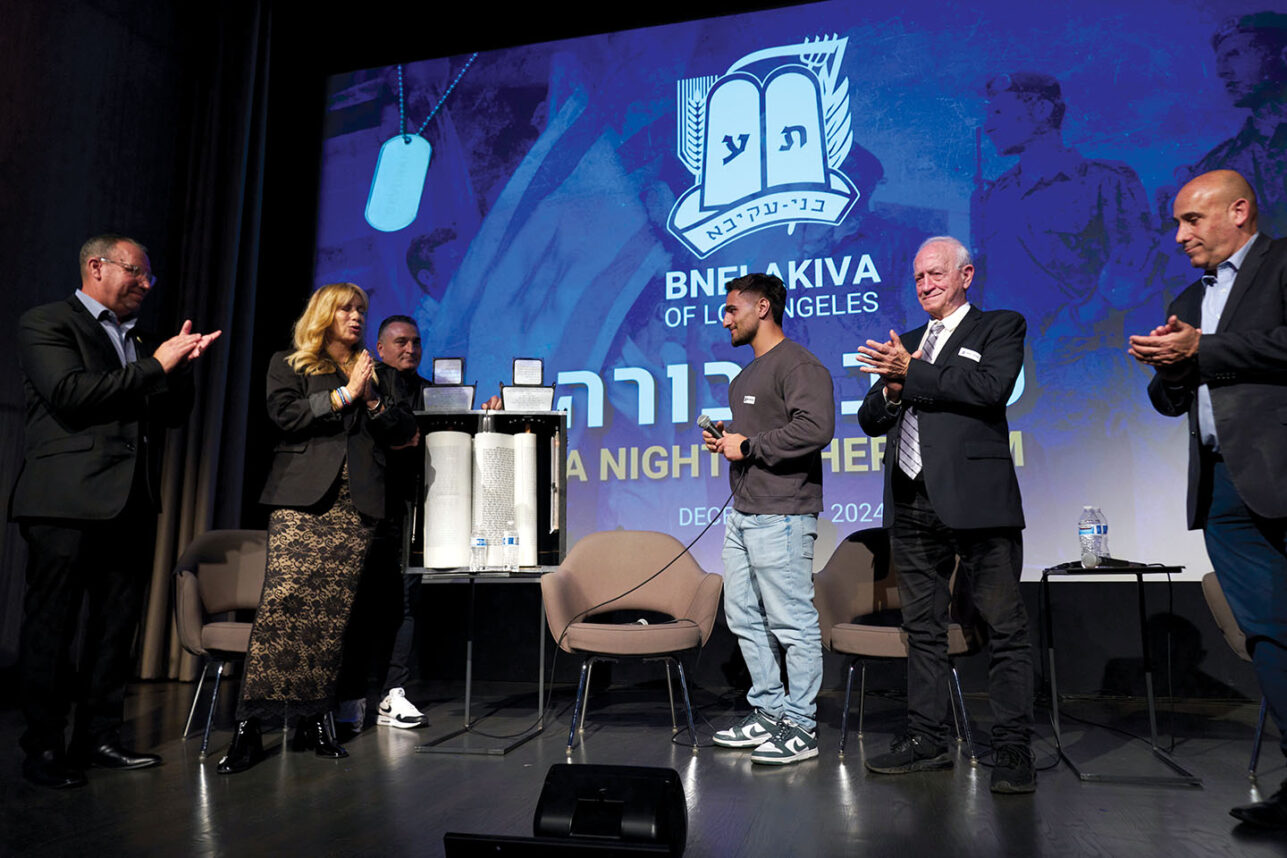


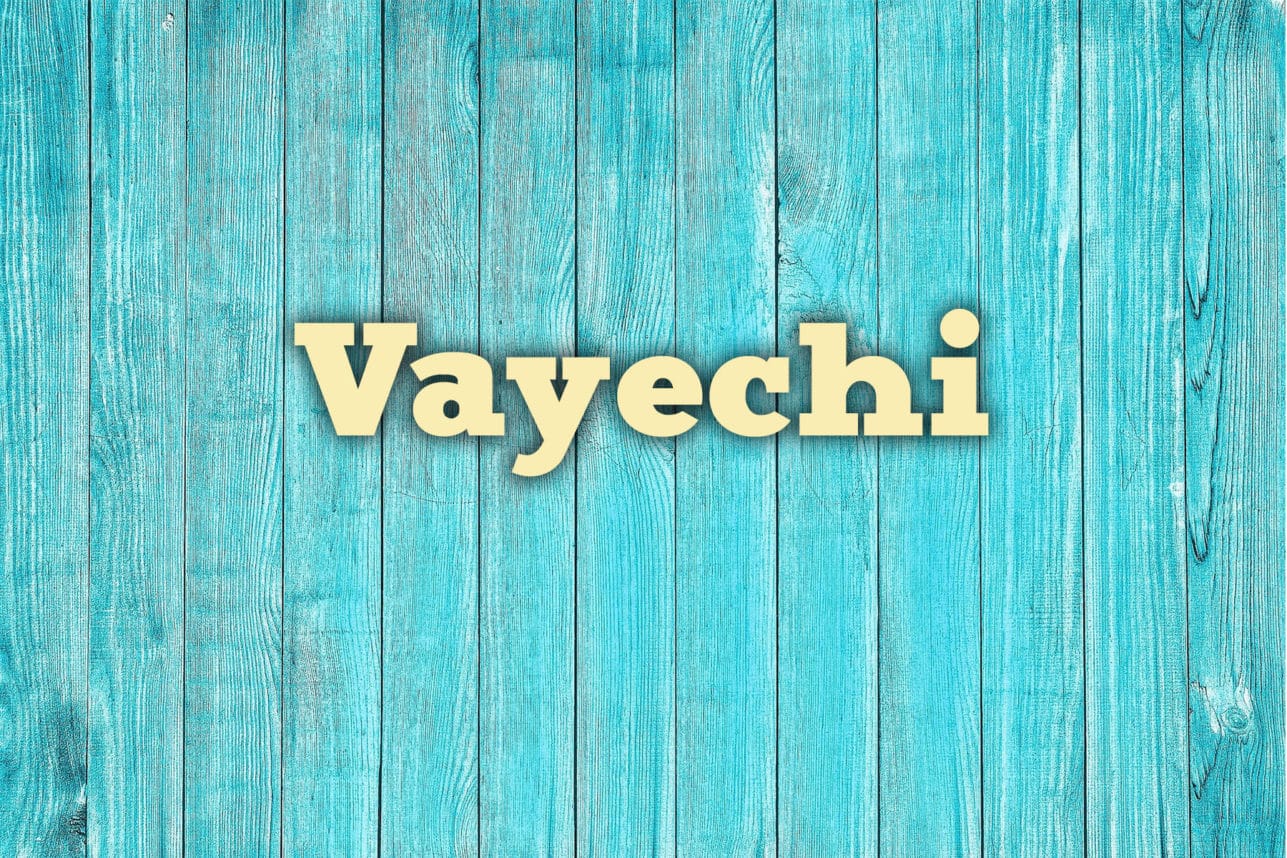




 More news and opinions than at a Shabbat dinner, right in your inbox.
More news and opinions than at a Shabbat dinner, right in your inbox.